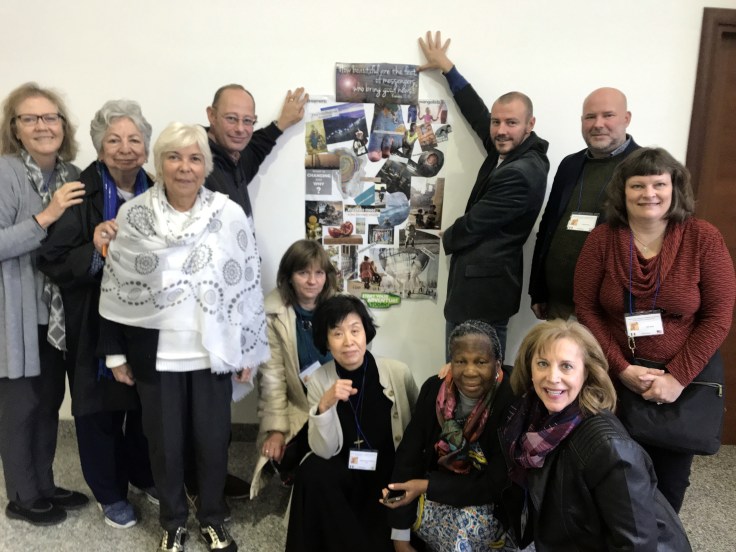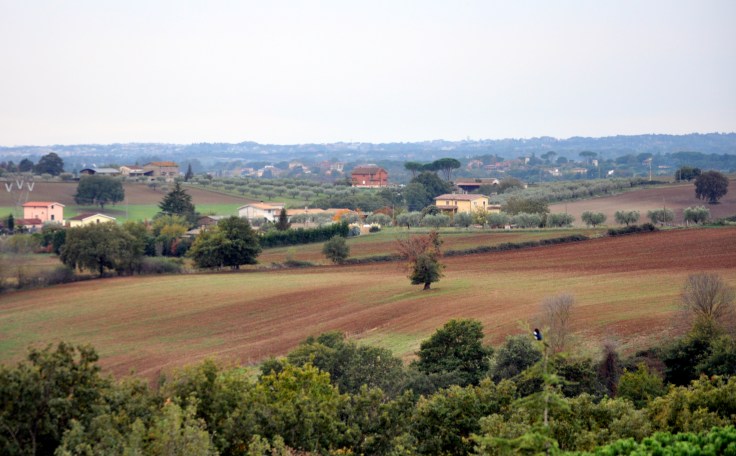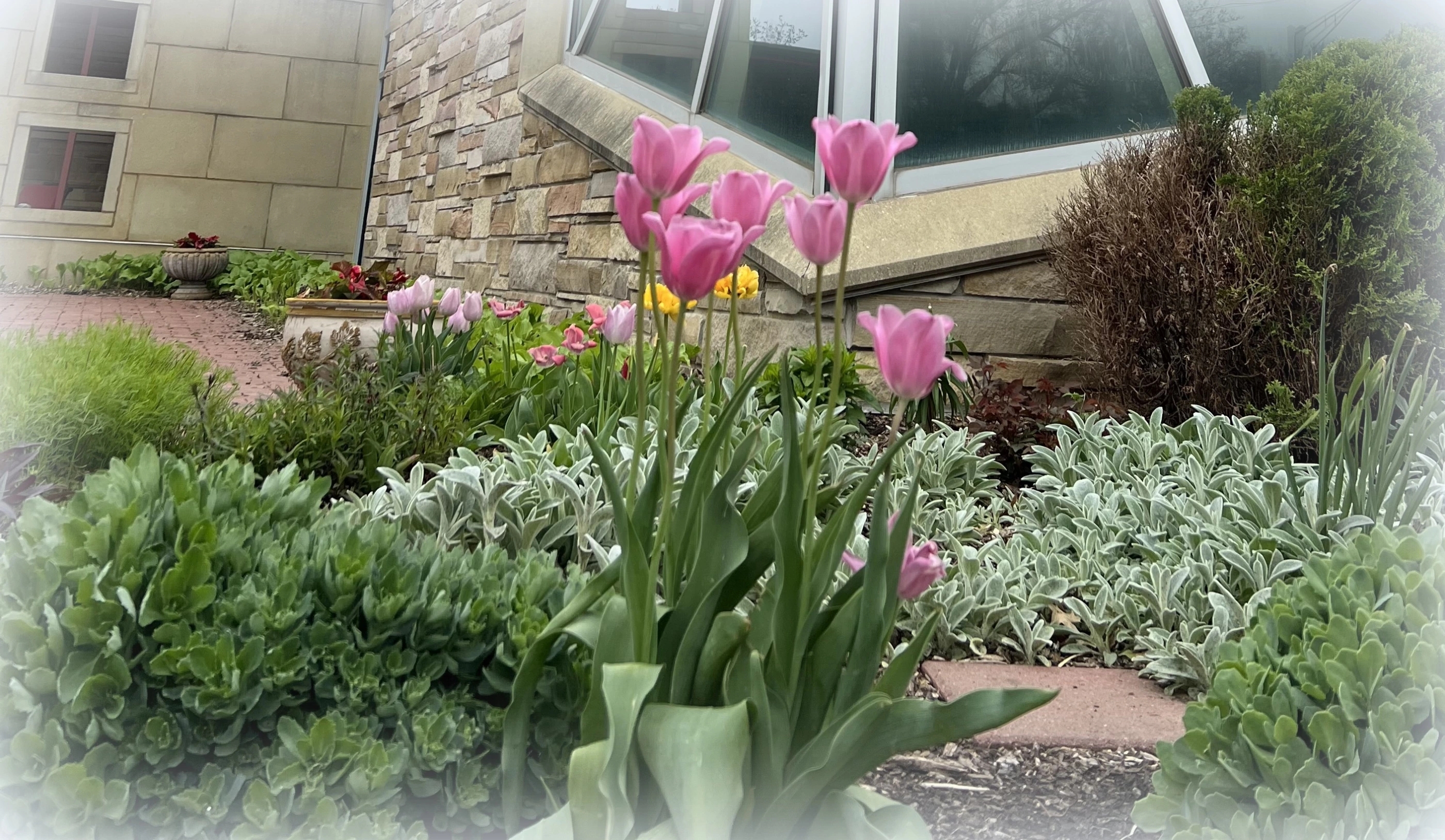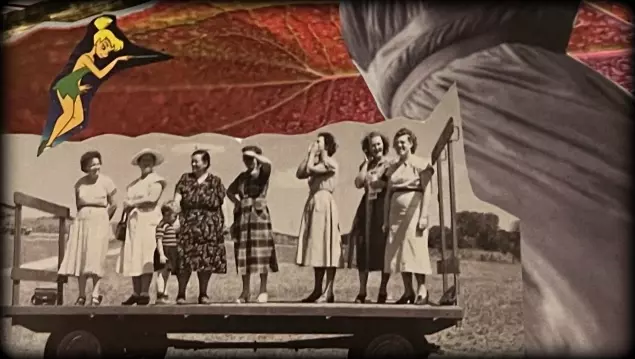Benedictine Oblates have a commitment to a specific monastery to live out their spirituality in the world according to the Rule of St. Benedict. But what is the future of Benedictine monasticism? As monastic vocations decrease, monasteries have been forced to consider their future, either merging with other monasteries or closing altogether. How might Oblates respond to this uncertain future?
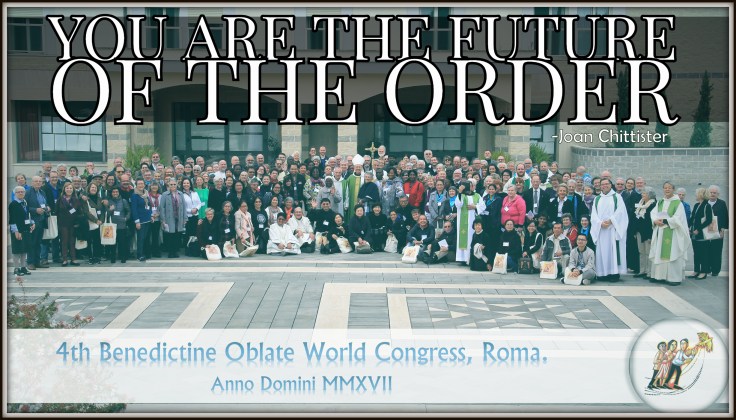
Sister Joan Chittister addressed this theme at the World Congress of Benedictine Oblates in Rome in November 2017. She asks, “The question of the day is a simple one but potentially life-changing one: the question is why would anyone even bother to get attached to a Benedictine monastery?”
Fr. Joel Macul, Prior of Christ the King Priory, also addressed the future of Benedictine Oblates at the Benedictine Oblates Regional Conference at St. Benedict Center held in September 2018.
He begins: “We can ask ourselves why we are raising this question or topic in the first place. What prompts us to raise it? It is certainly not because the Oblate community is diminishing! Is it because the some of the communities to which Oblates belong are diminishing and Oblates might be left high and dry? Or perhaps it is a concern about Oblate communities in lands where Benedictine life is new, communities are young and the Oblate experience has no precedence? Or is there something about our culture, our American culture that makes the question of the future so important?

While I do not consider myself a prophet in the sense of predicting a future for Benedictine life let alone Oblate life, I can fall back on the Prophet Joel. The best future I can invite you to consider is to listen to the word of God through the prophet Joel who simply says: “It shall come to pass (code words for the future) I will pour out my spirit on all flesh…” It is clear enough. The future lies with the Spirit and our willingness and readiness to recognize its presence. According to the prophet, old and young, sons and daughters, male and female, servants and slaves will receive this gift of the spirit. The Spirit is God’s future or plan. When we can trust that Spirit, we are standing in God. And being in God is the future for ourselves, as well as humanity and our created world. If we co-opt God’s Spirit or start writing God’s plan, then theologically, we have no future. Any threads of the future will have to have the deep and inexhaustible richness of color of the Spirit. The future of anything Christian, including the Benedictine monastic way, lies with the Spirit. It is assumed that the Benedictine way is itself a gift of the Spirit and so holds within it the Spirit’s creative power. Continue reading “The Future Is The Spirit’s Work” →











